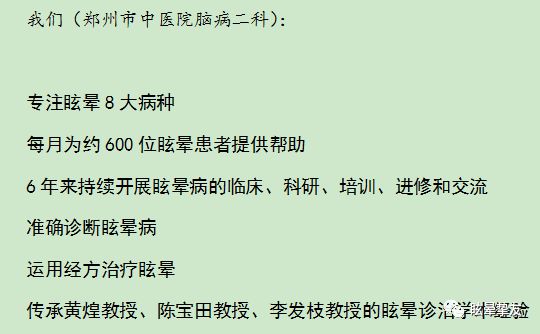The renowned slippery pulse (hua mai), well-known among the general public, is often described by our ancestors in a few phrases: “smooth and flowing” and “like pearls rolling on a plate.” It is commonly seen in healthy individuals with abundant qi and blood, as well as in pregnant women, and is also frequently observed in patients with anemia. However, the exact reasons for the occurrence of the slippery pulse have never been clearly explained.
The increase in blood volume and a normal to slightly elevated heart rate are actually quite simple explanations.

In patients with chronic anemia, the blood supply and oxygenation are relatively insufficient, leading the body to compensate by increasing heart rate and blood volume. In pregnant women, blood volume begins to increase from the sixth week of pregnancy, reaching an increase of about 30-45% by the 32nd week. Patients with hyperthyroidism may also experience increased blood volume due to heightened metabolism, which similarly results in a slippery pulse.
For patients experiencing dizziness, the presence of a slippery pulse indicates hypermetabolism and internal phlegm-heat, often accompanied by symptoms such as a feeling of heaviness in the head, irritability, insomnia, and sticky stools that are difficult to flush. Formulas such as Huang Lian Wen Dan Tang (Huang Lian Warm Gallbladder Decoction) and Chai Hu Jia Long Gu Mu Li Tang (Bupleurum Decoction with Dragon Bone and Oyster Shell) are commonly used.

Reading again the words of our ancestors, they stated, “The slippery pulse is indicative of phlegm-fluid, food stagnation, and excess heat. Due to the internal obstruction of pathogenic factors, the qi and blood surge, resulting in a pulse that is smooth and flowing.” This may not be easy to understand, but it truly makes sense.



